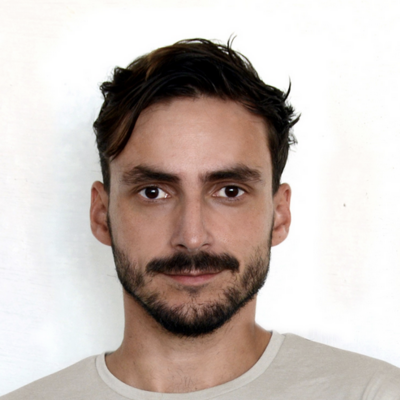



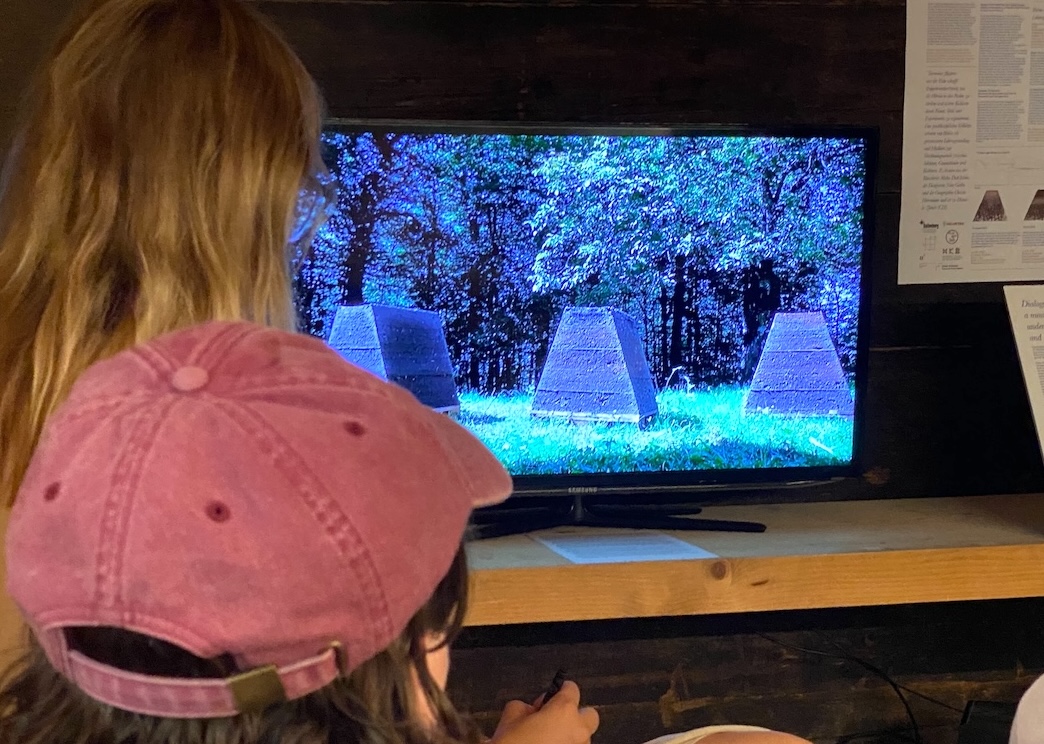
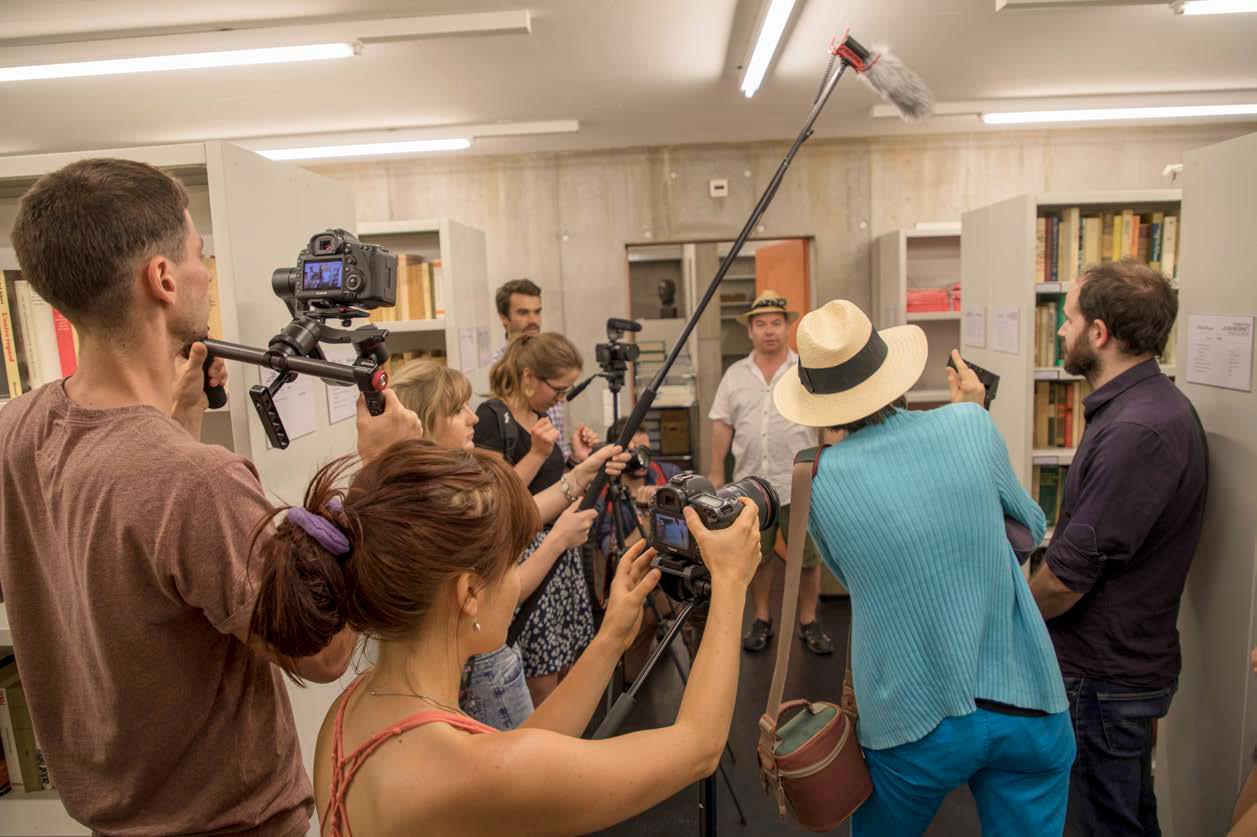

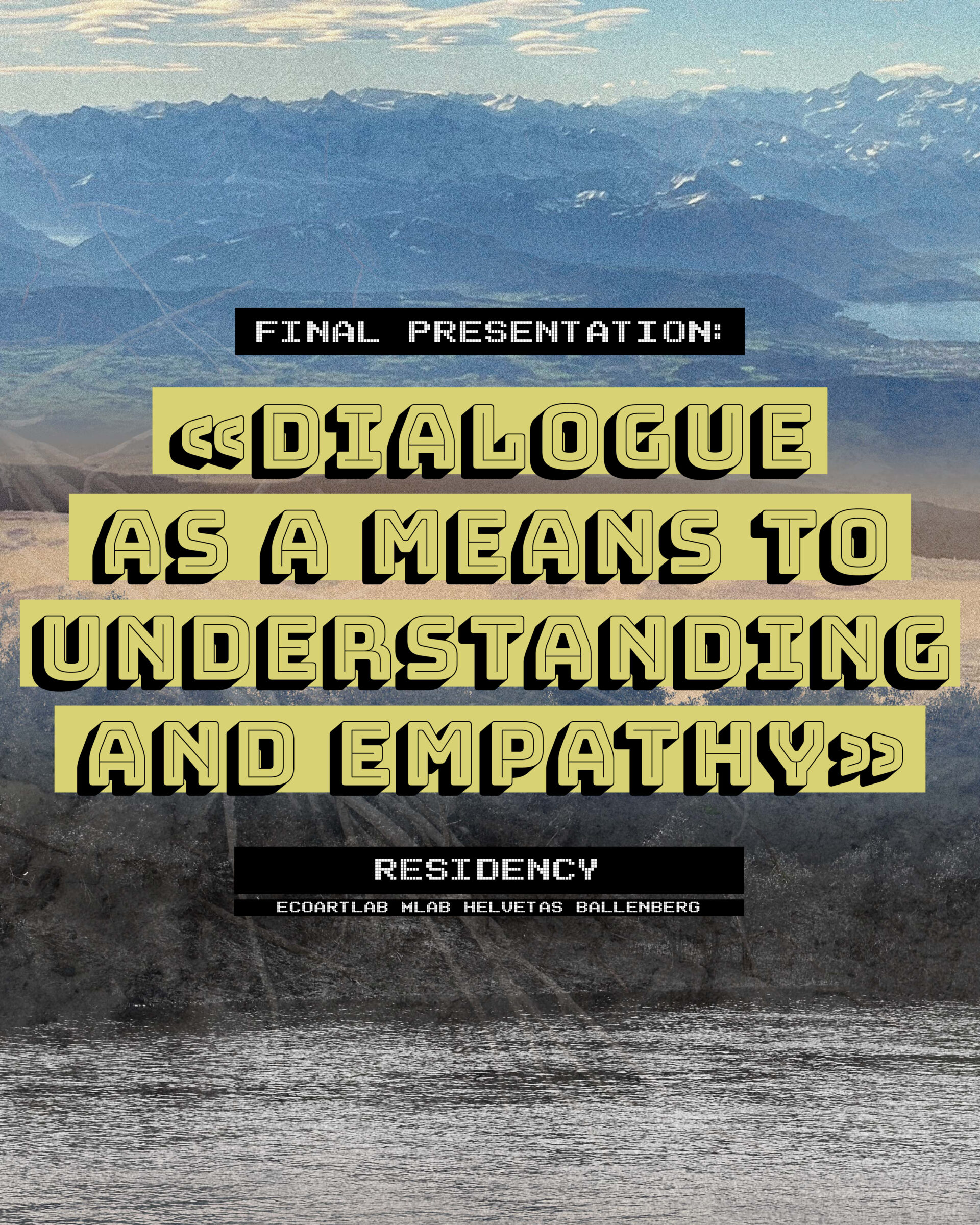
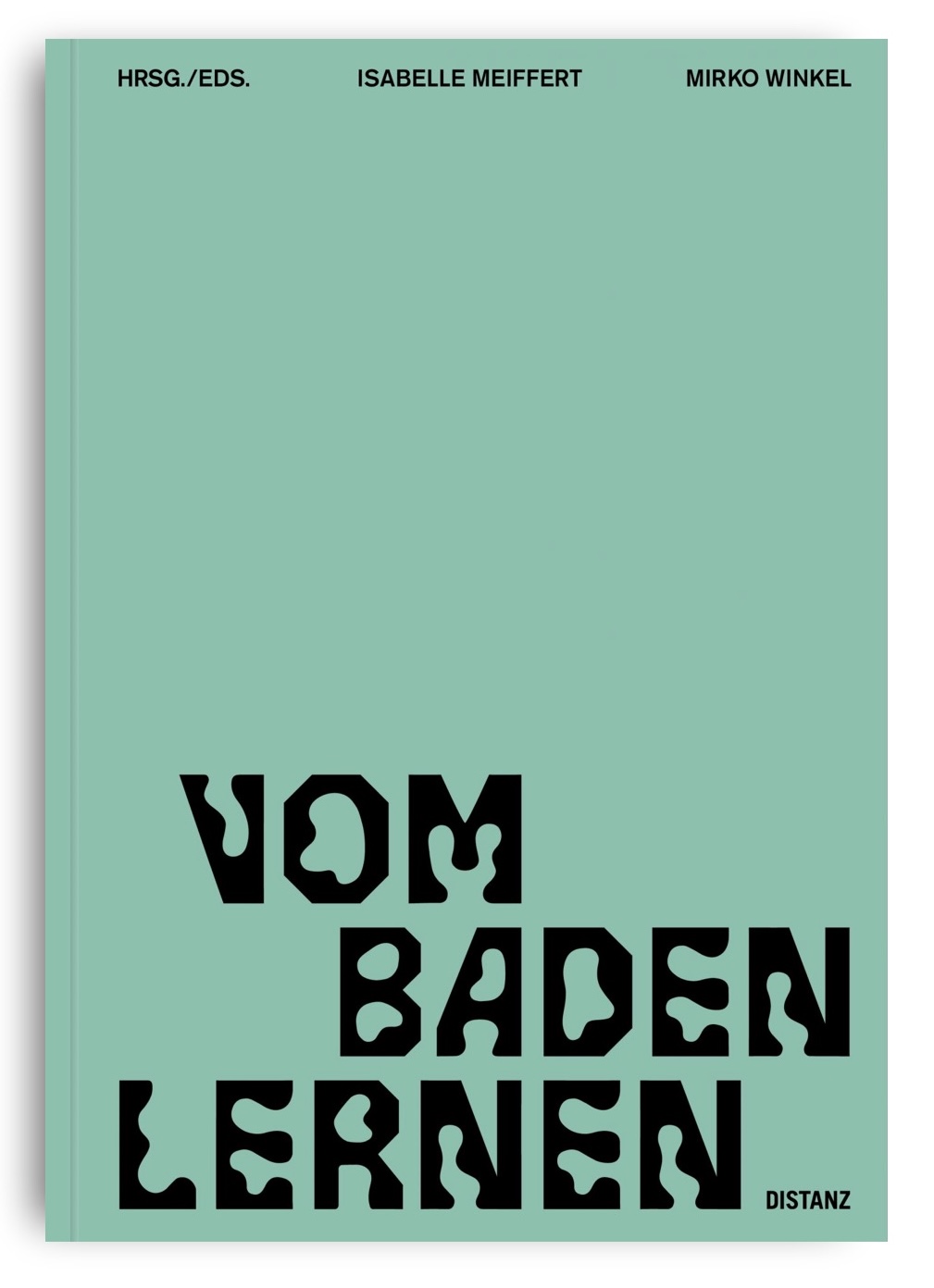
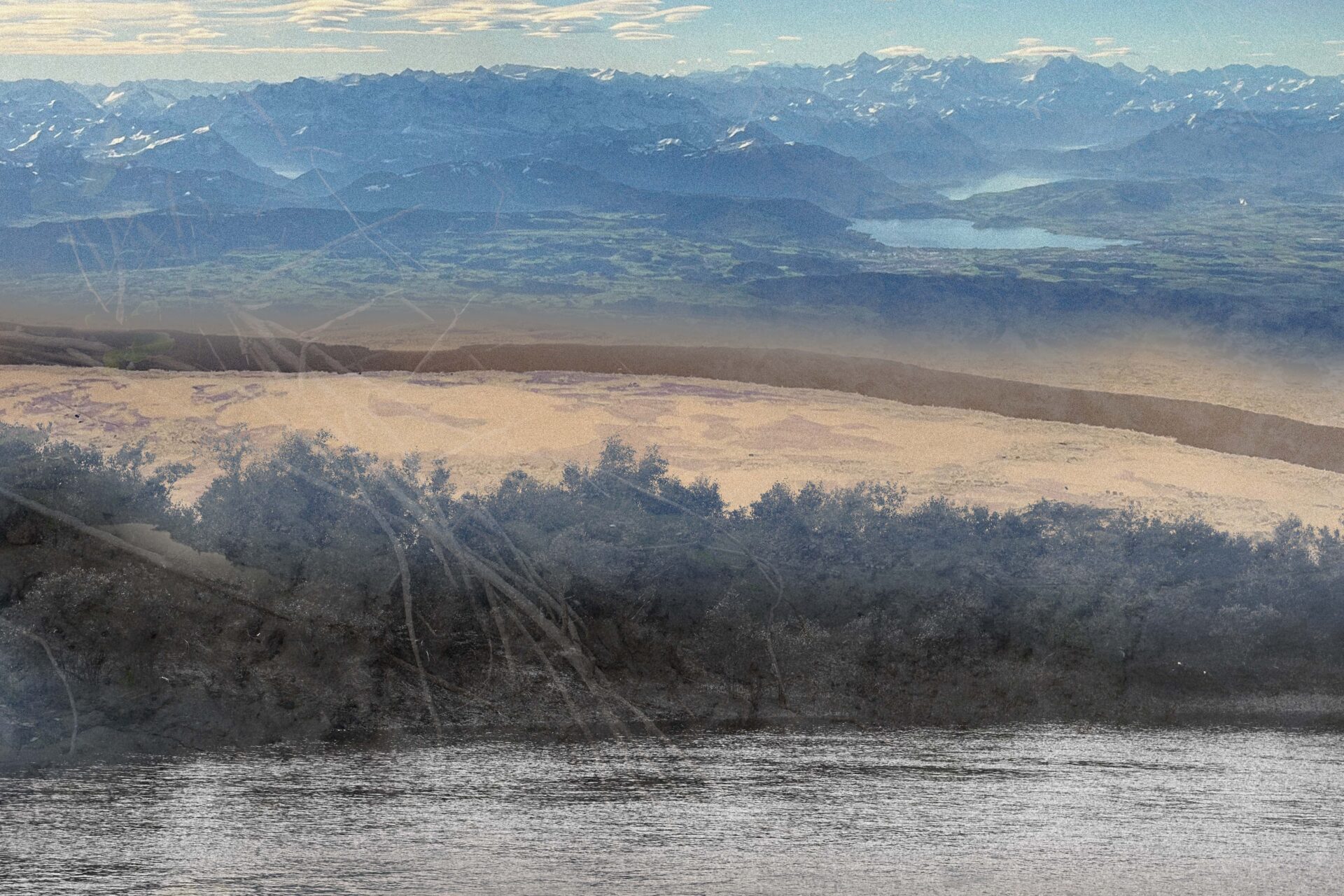
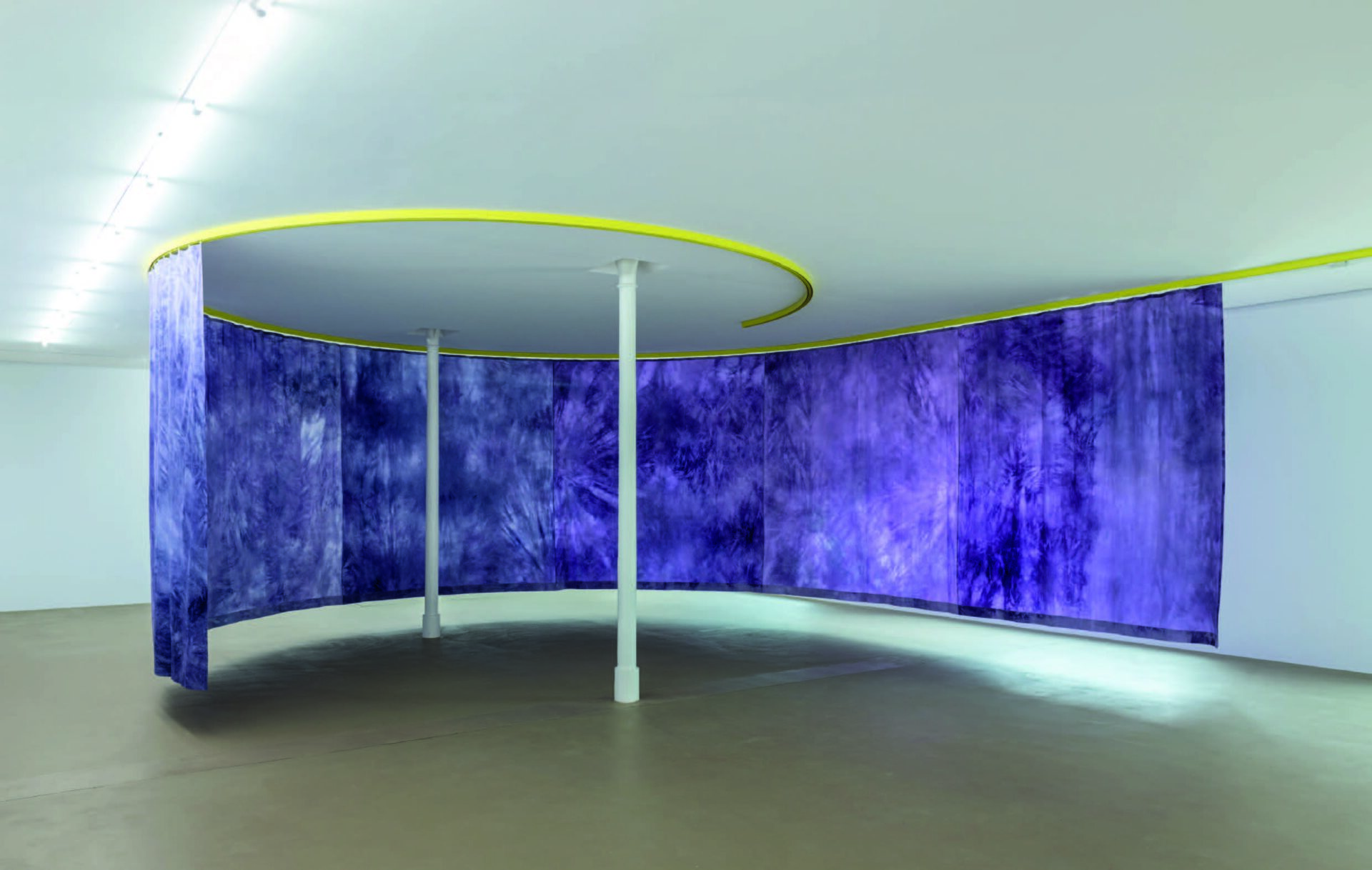
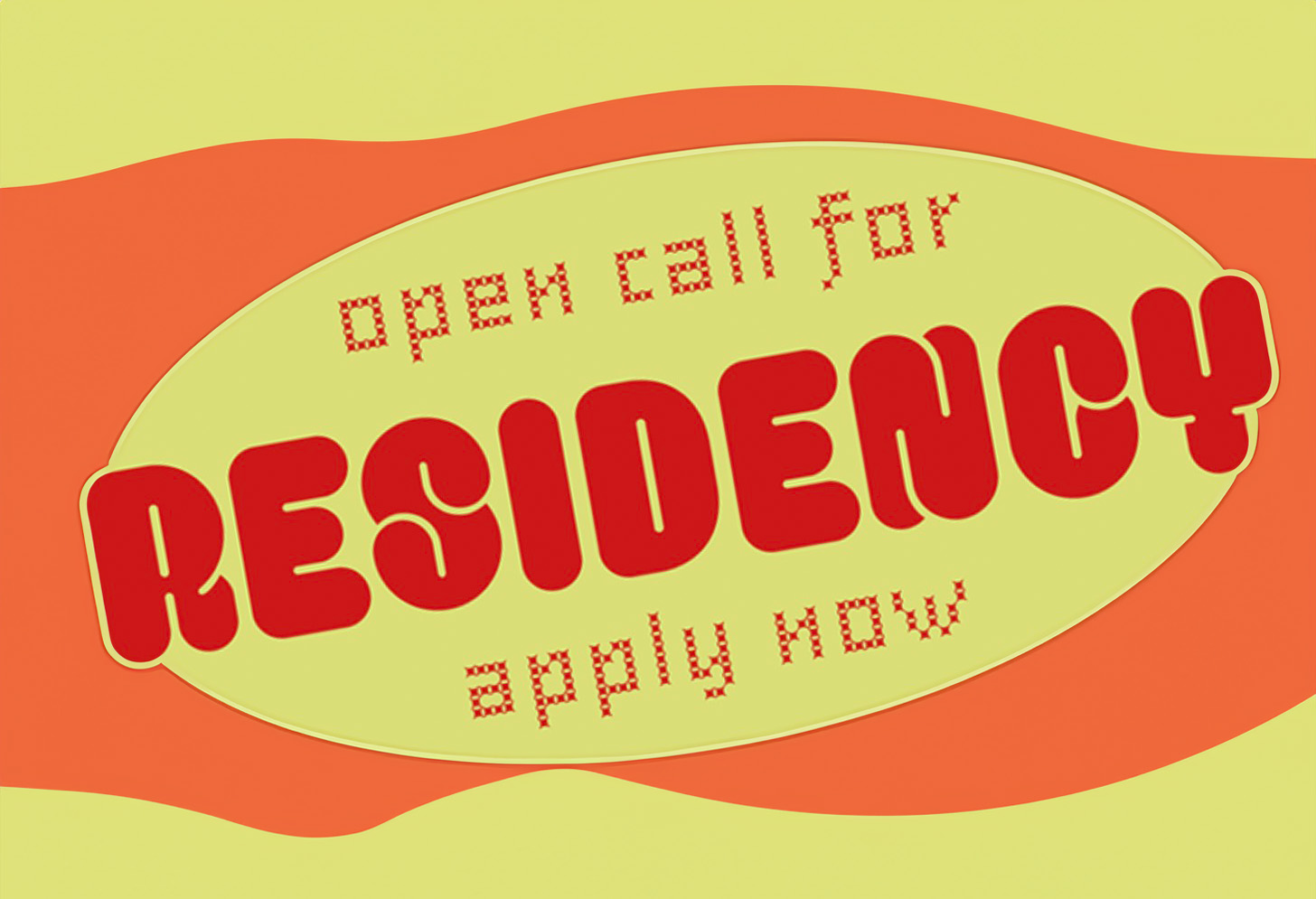
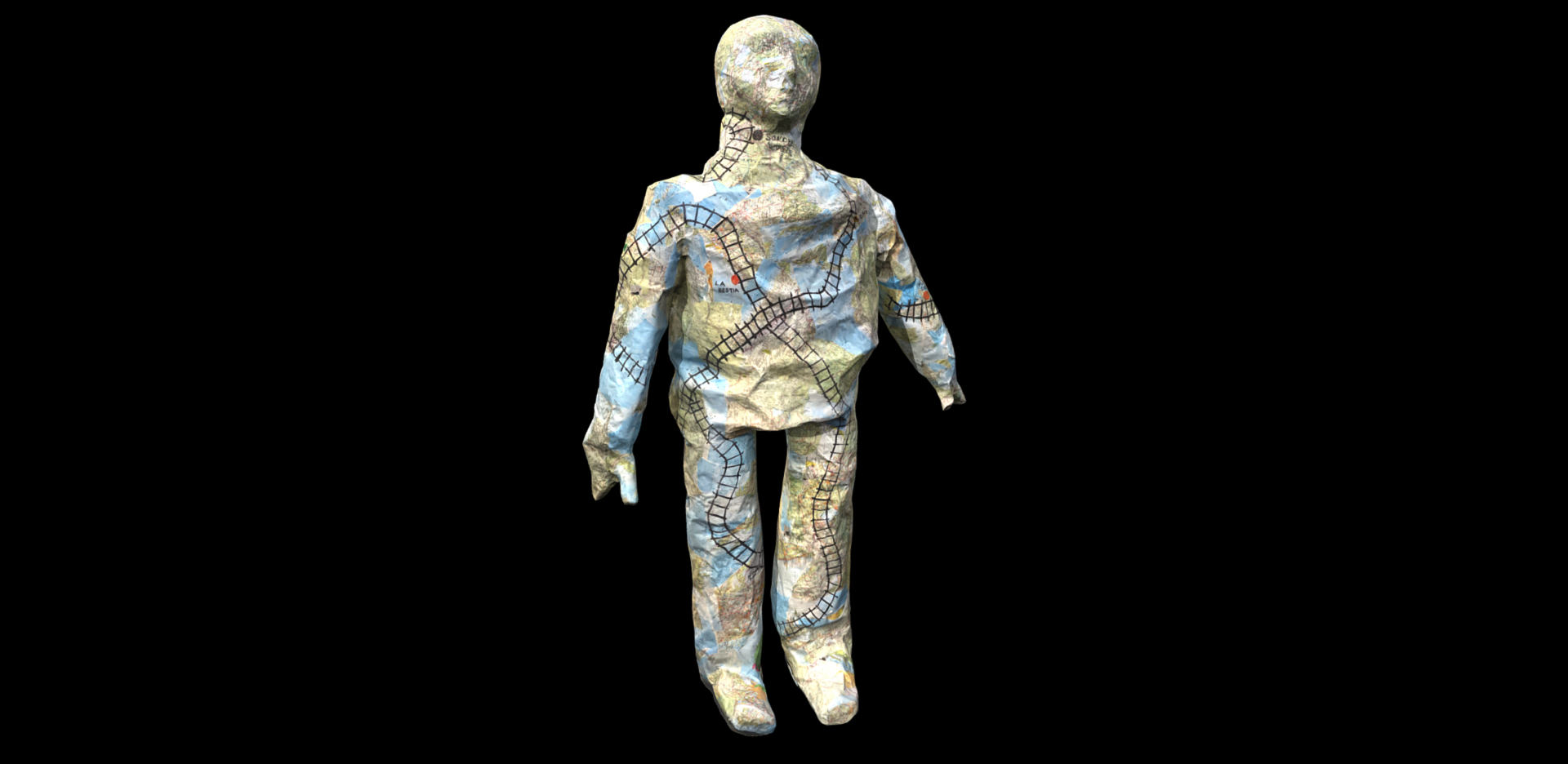
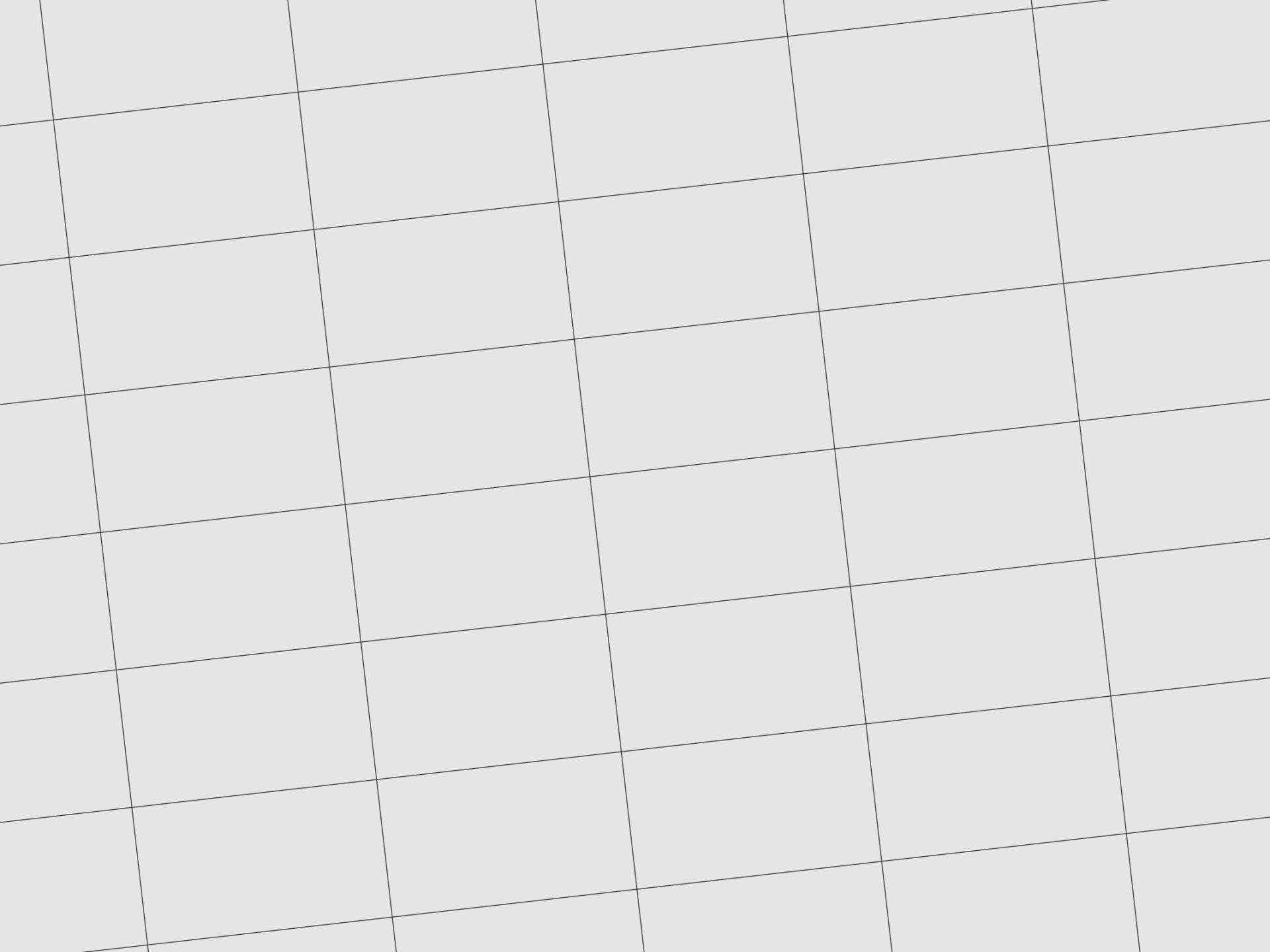
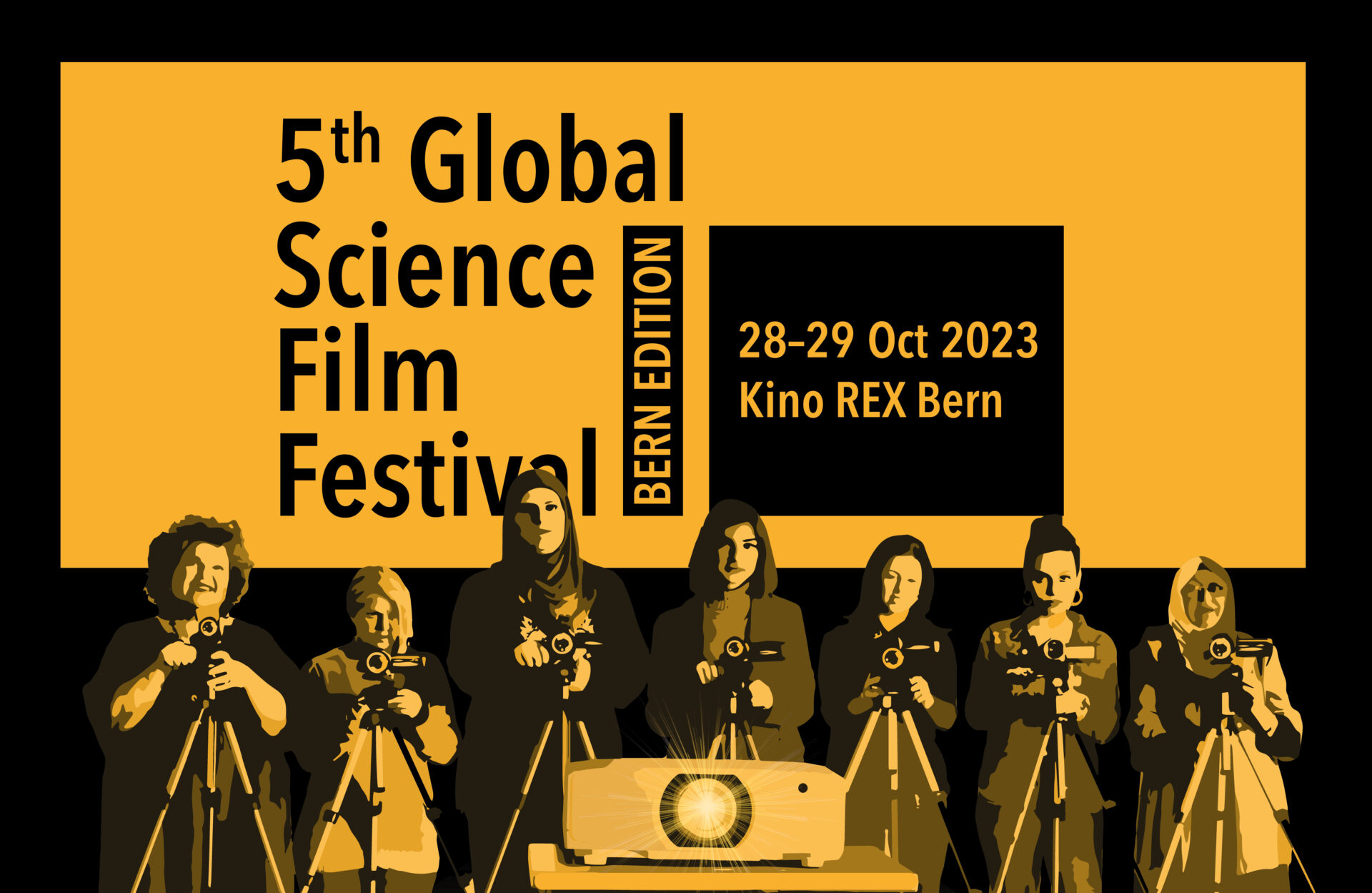
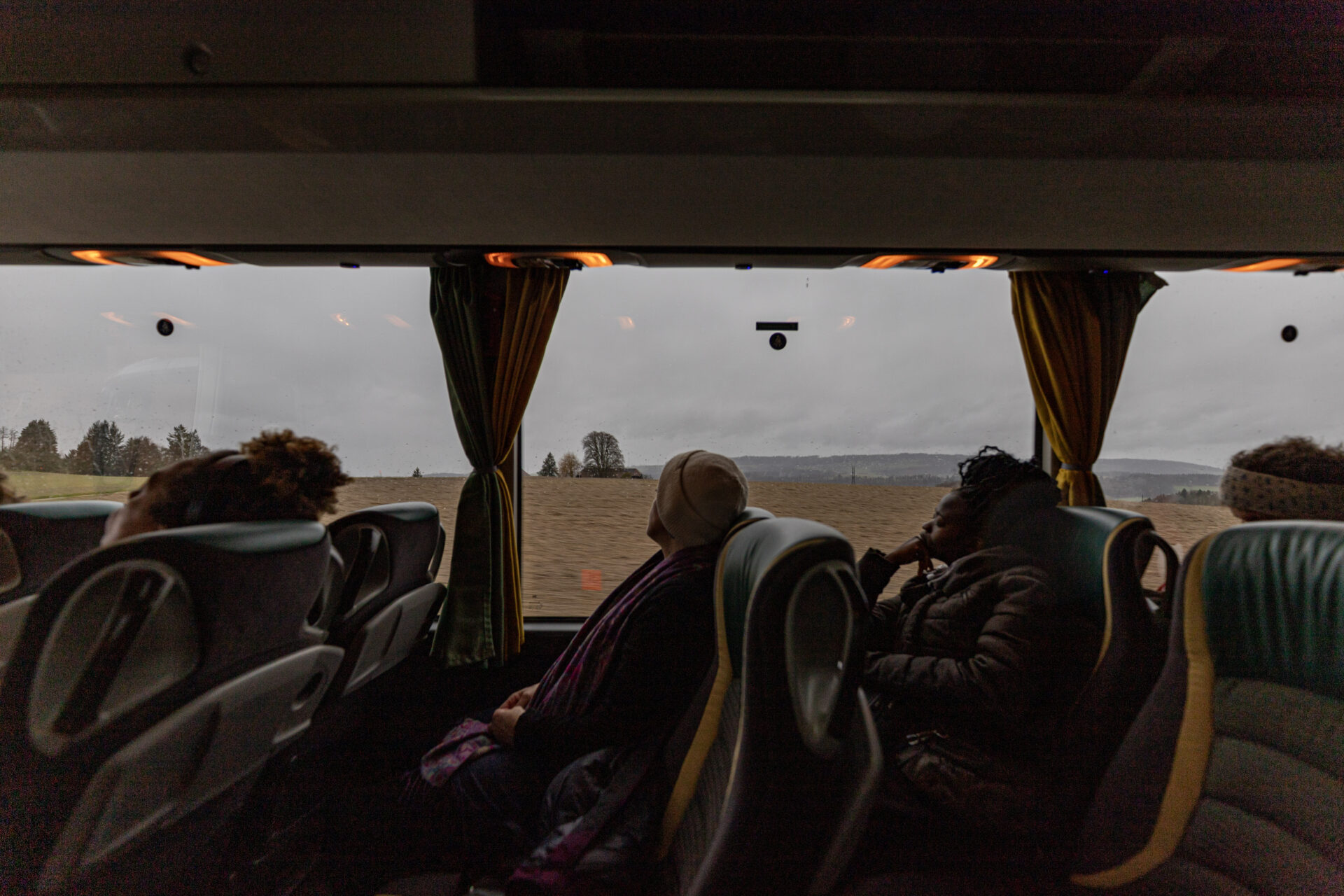
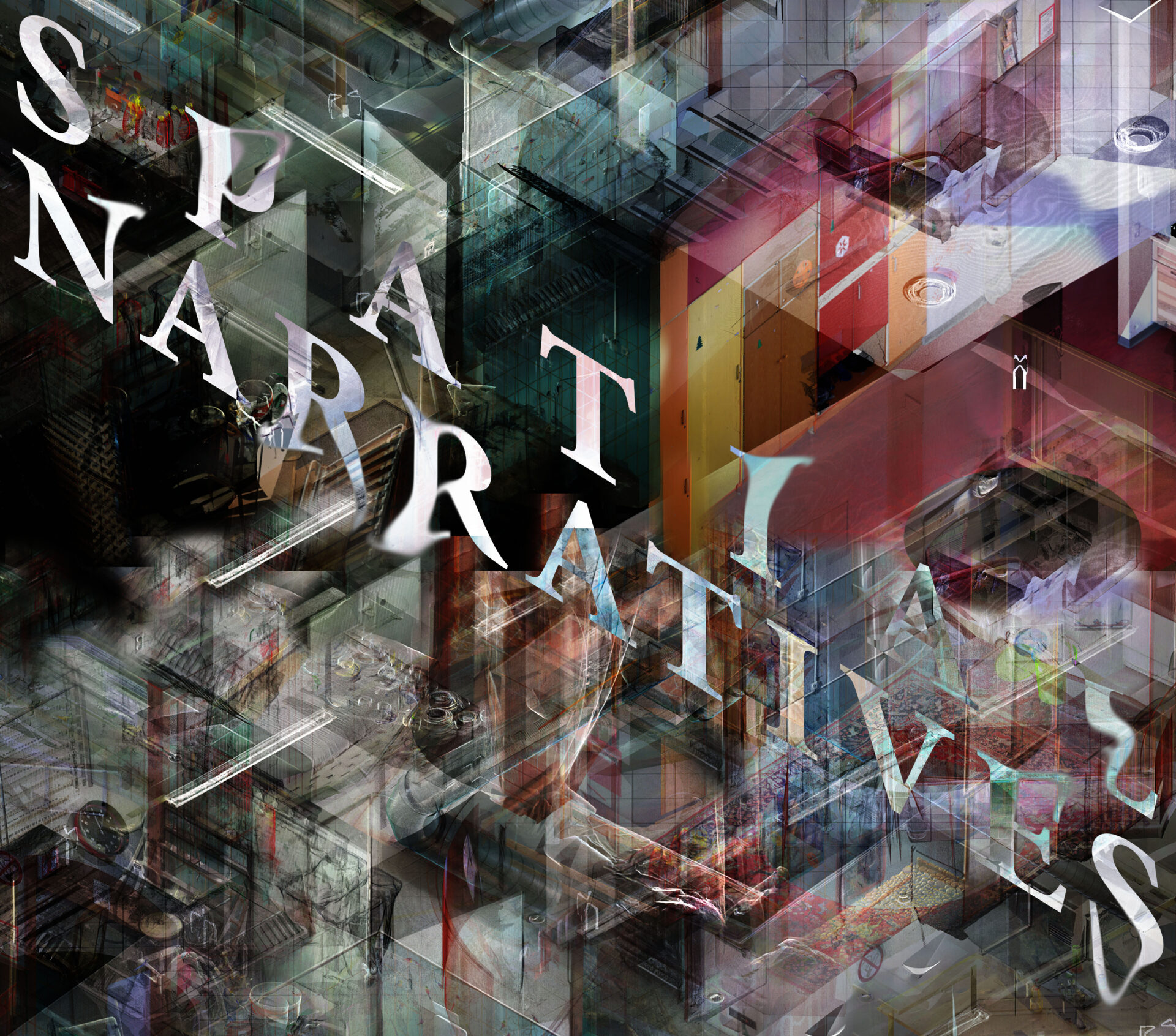
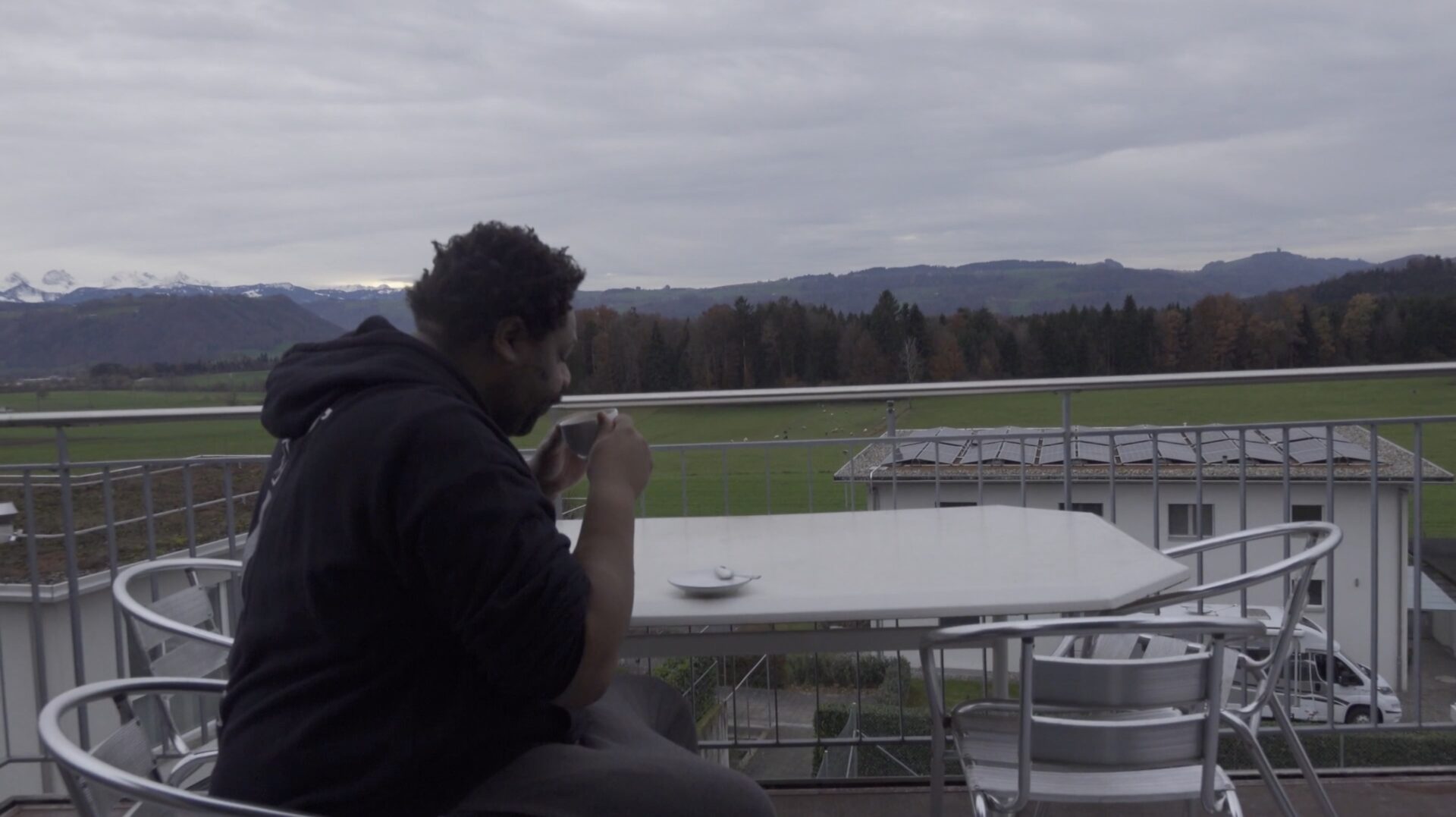
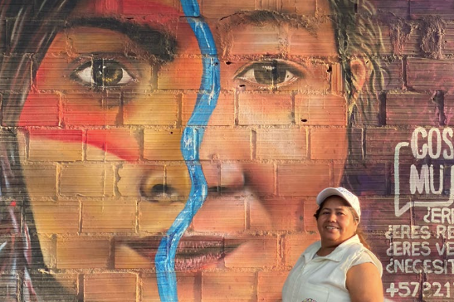
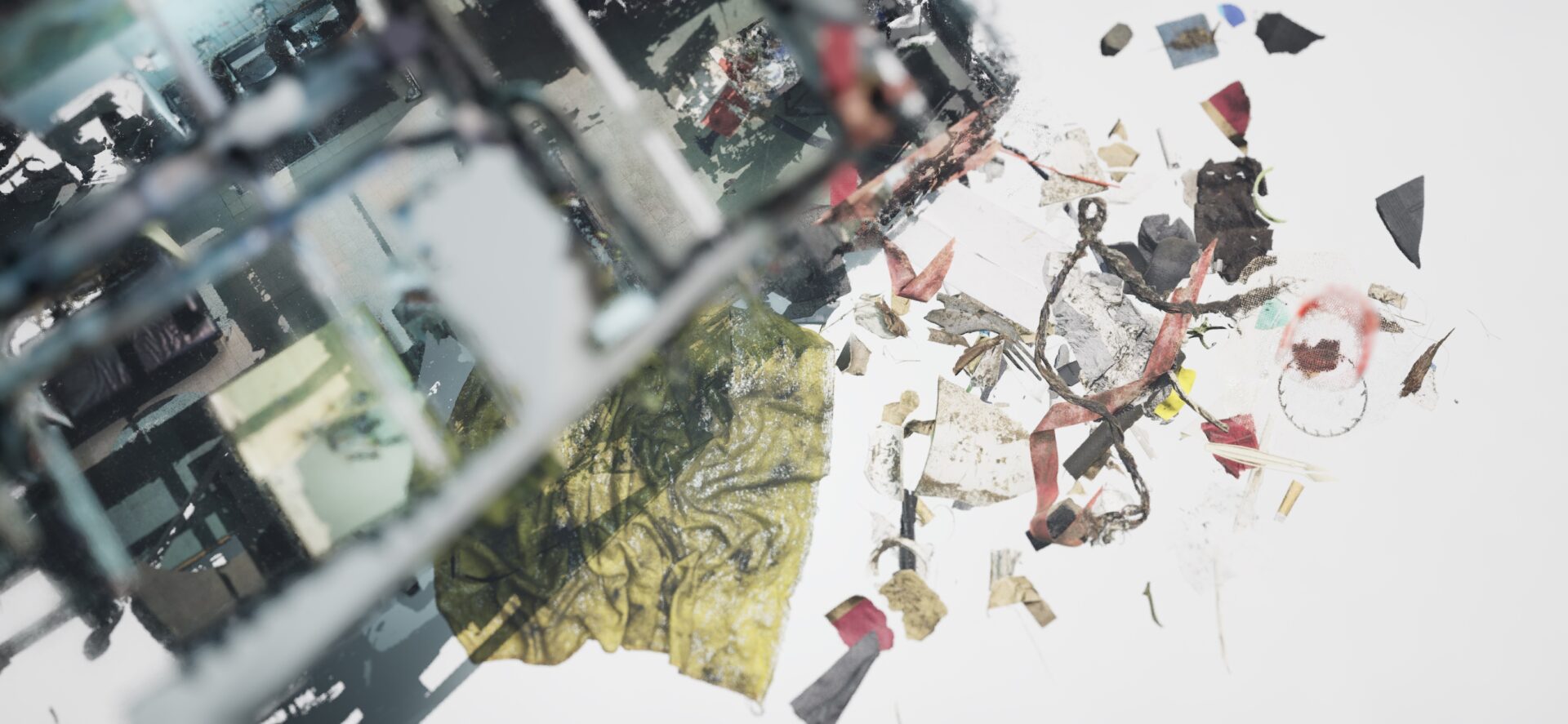


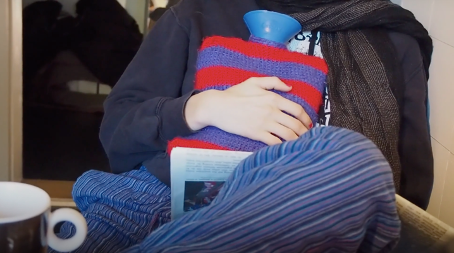


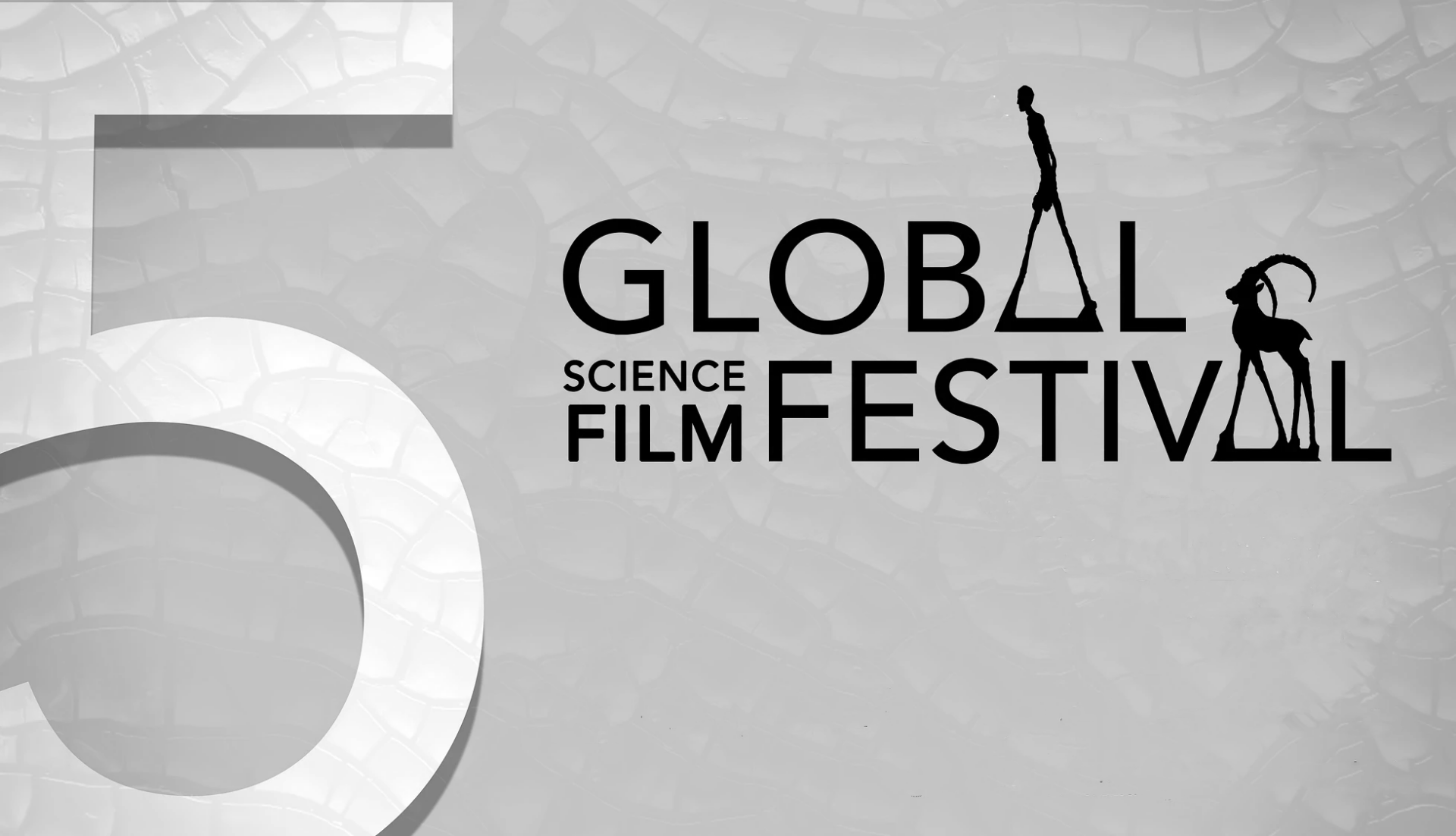

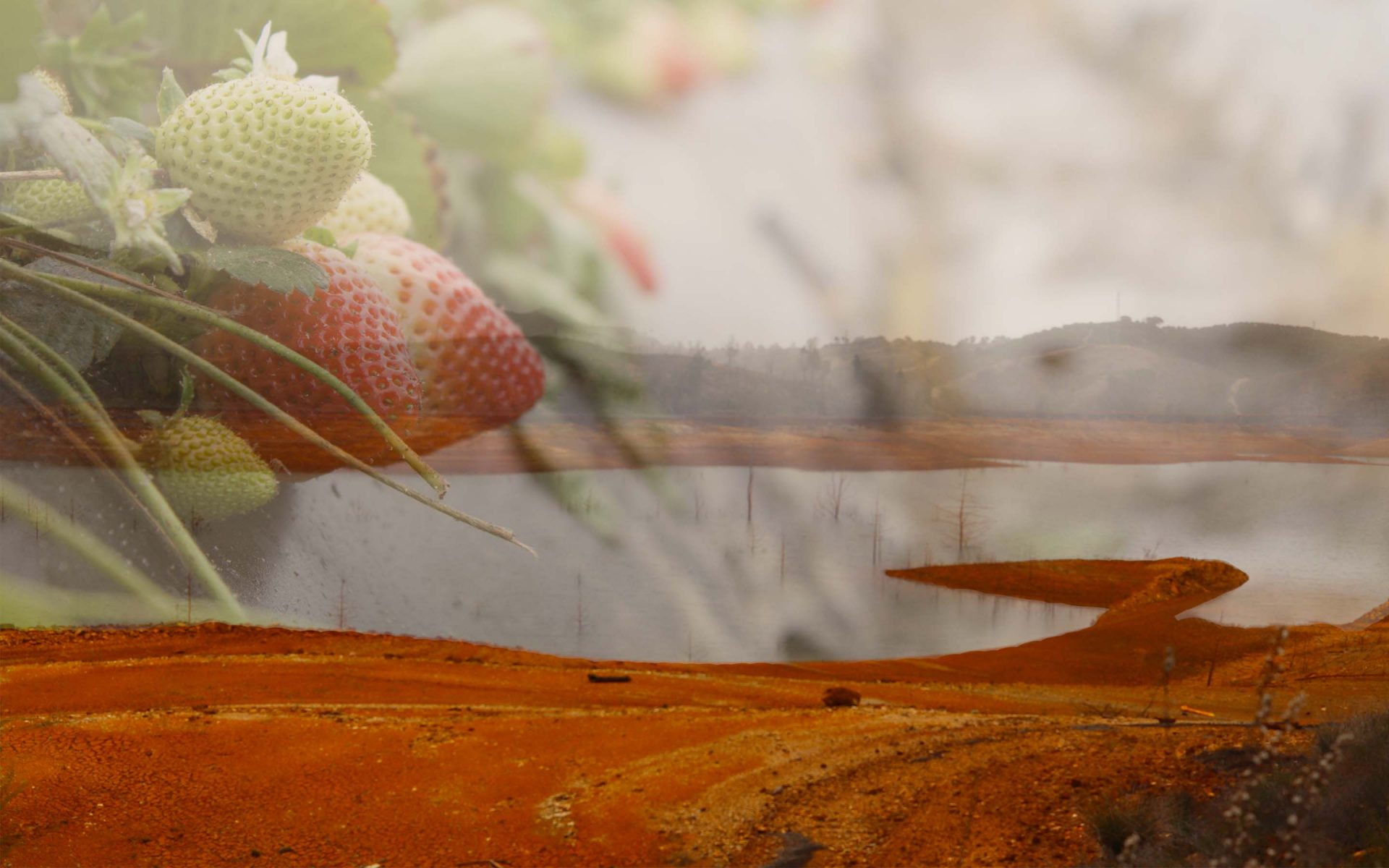
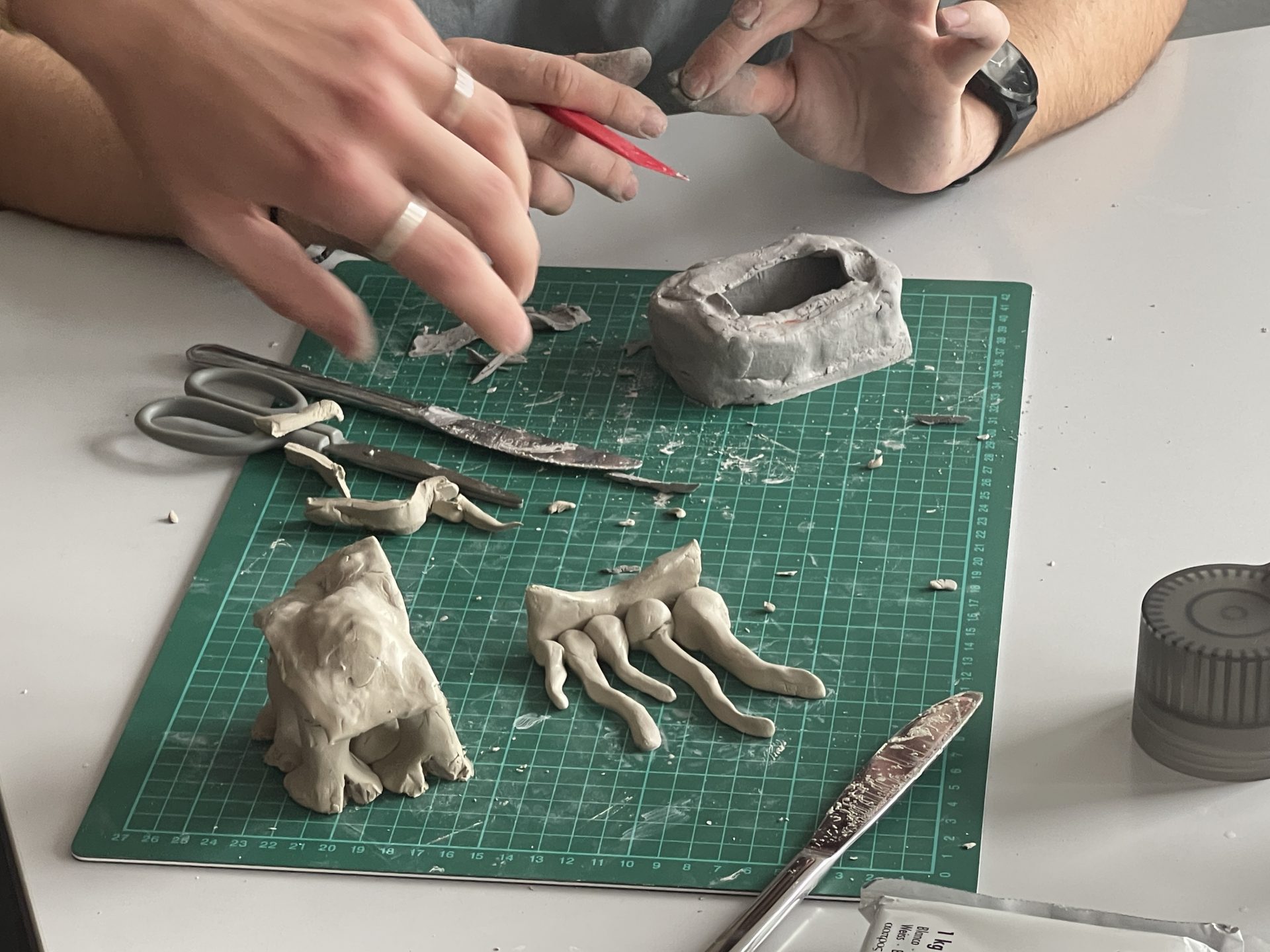
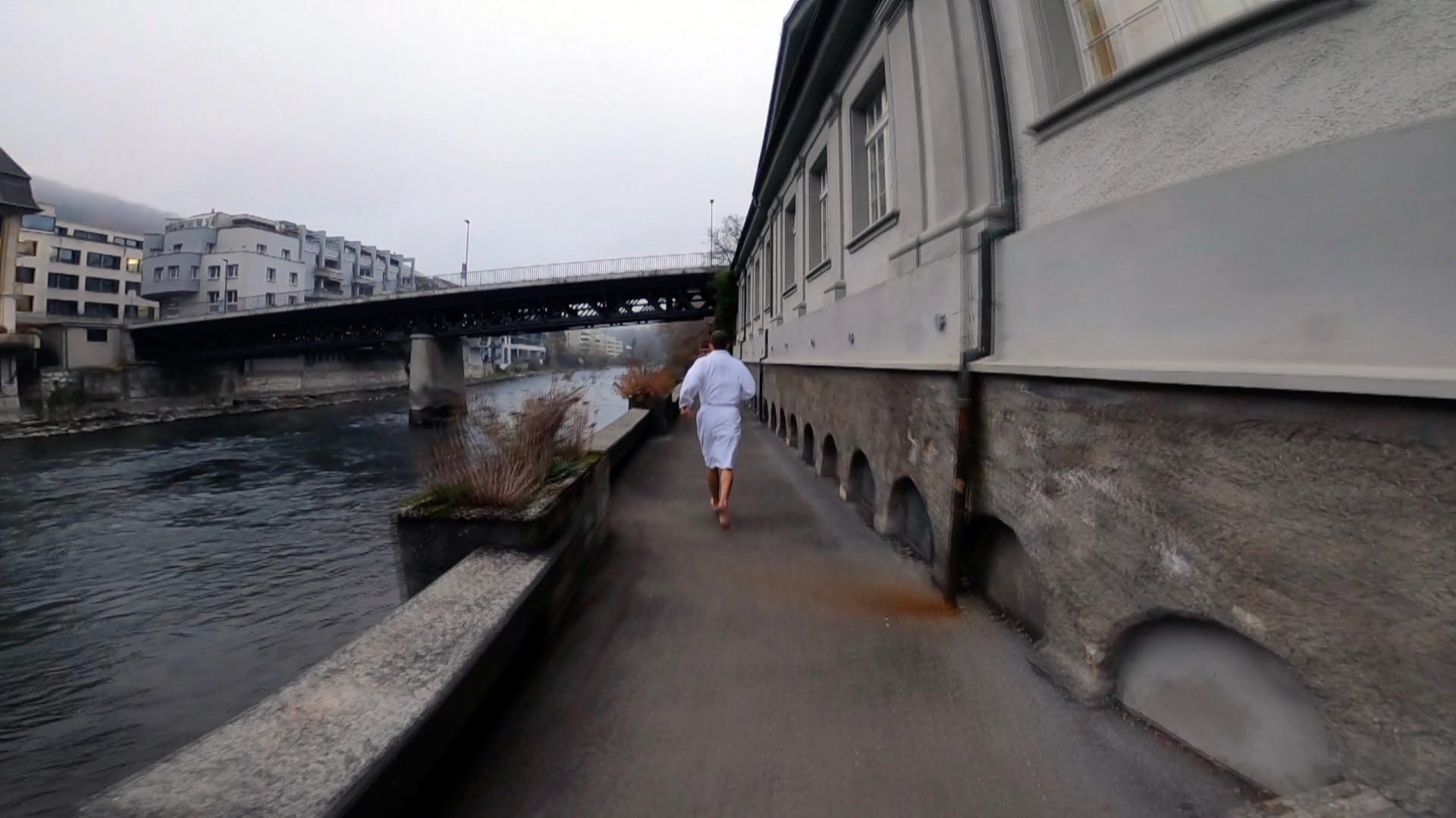
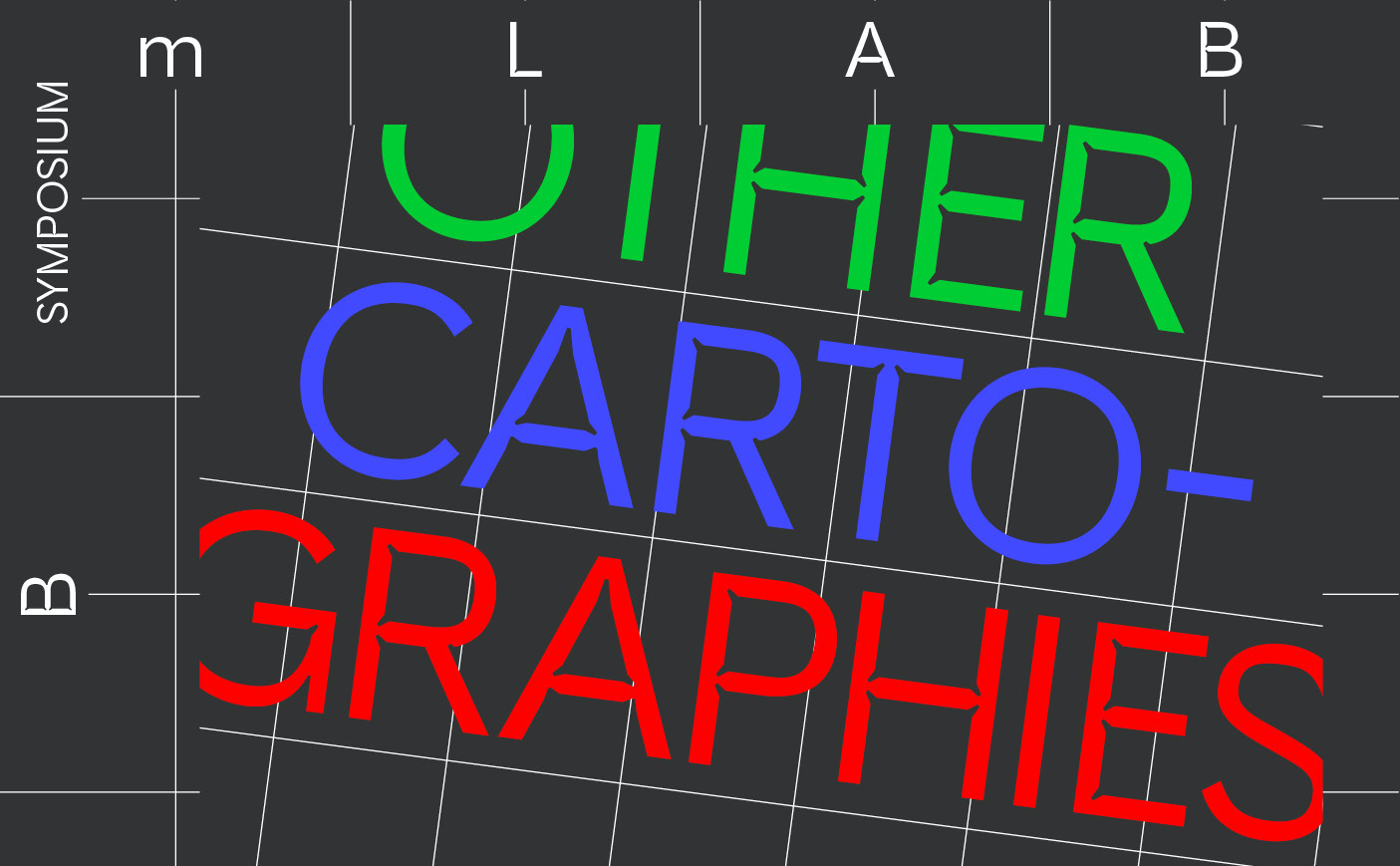

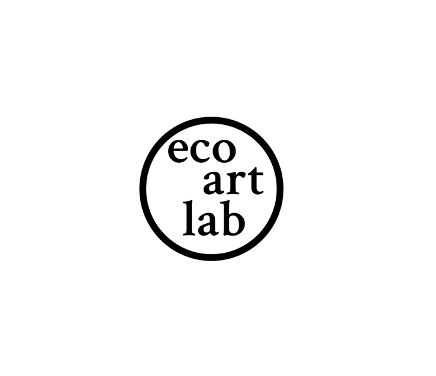



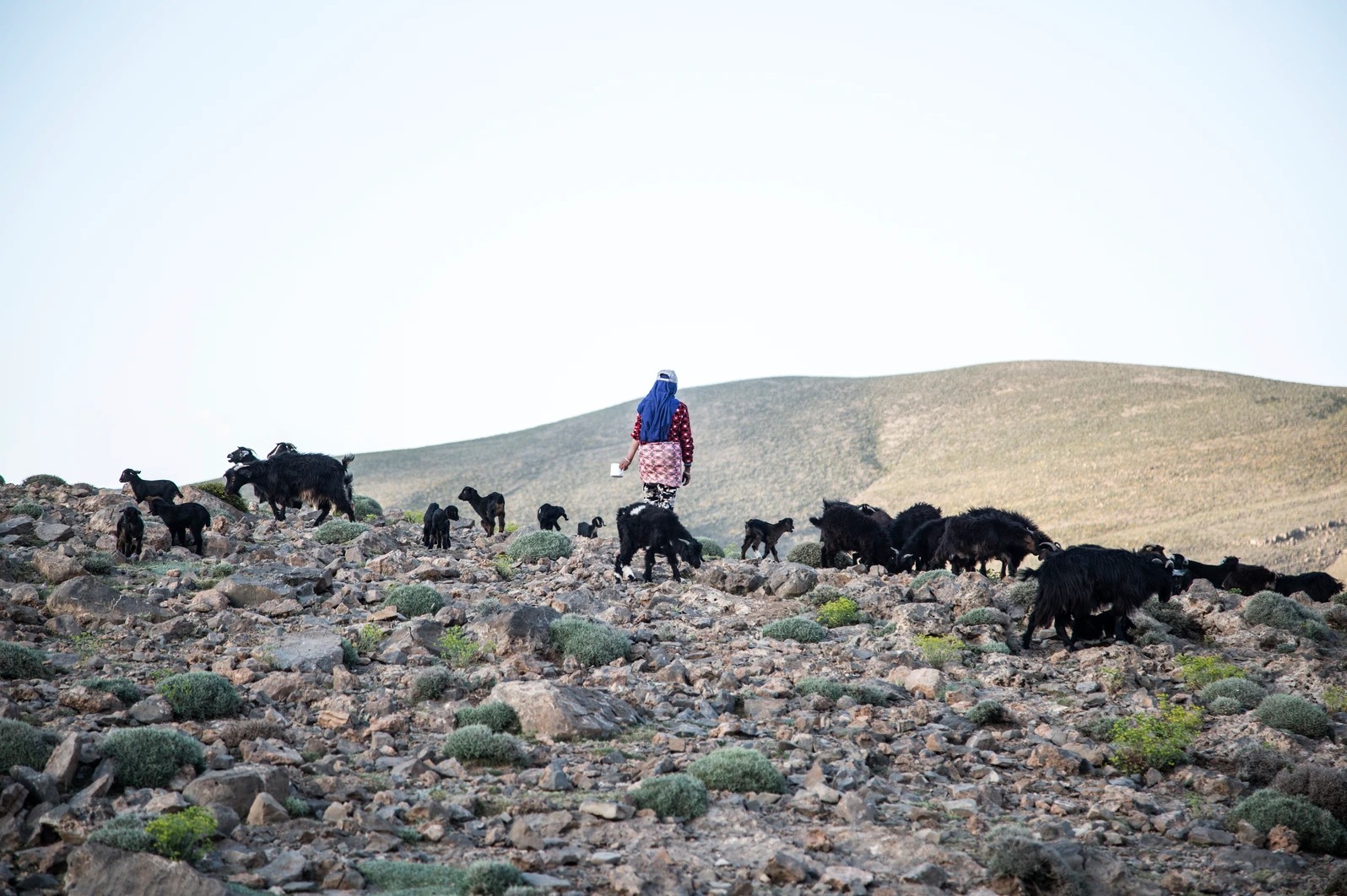


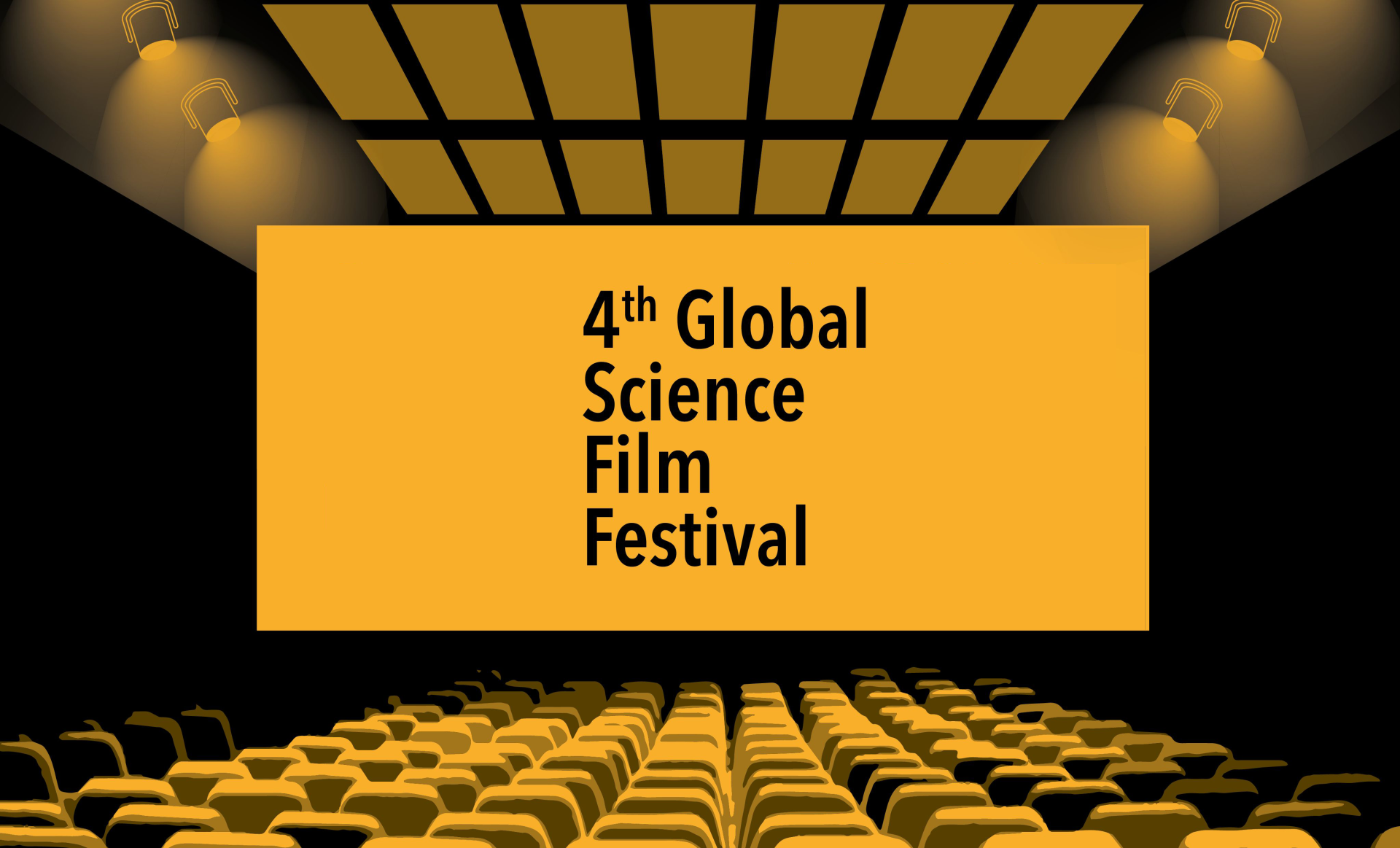
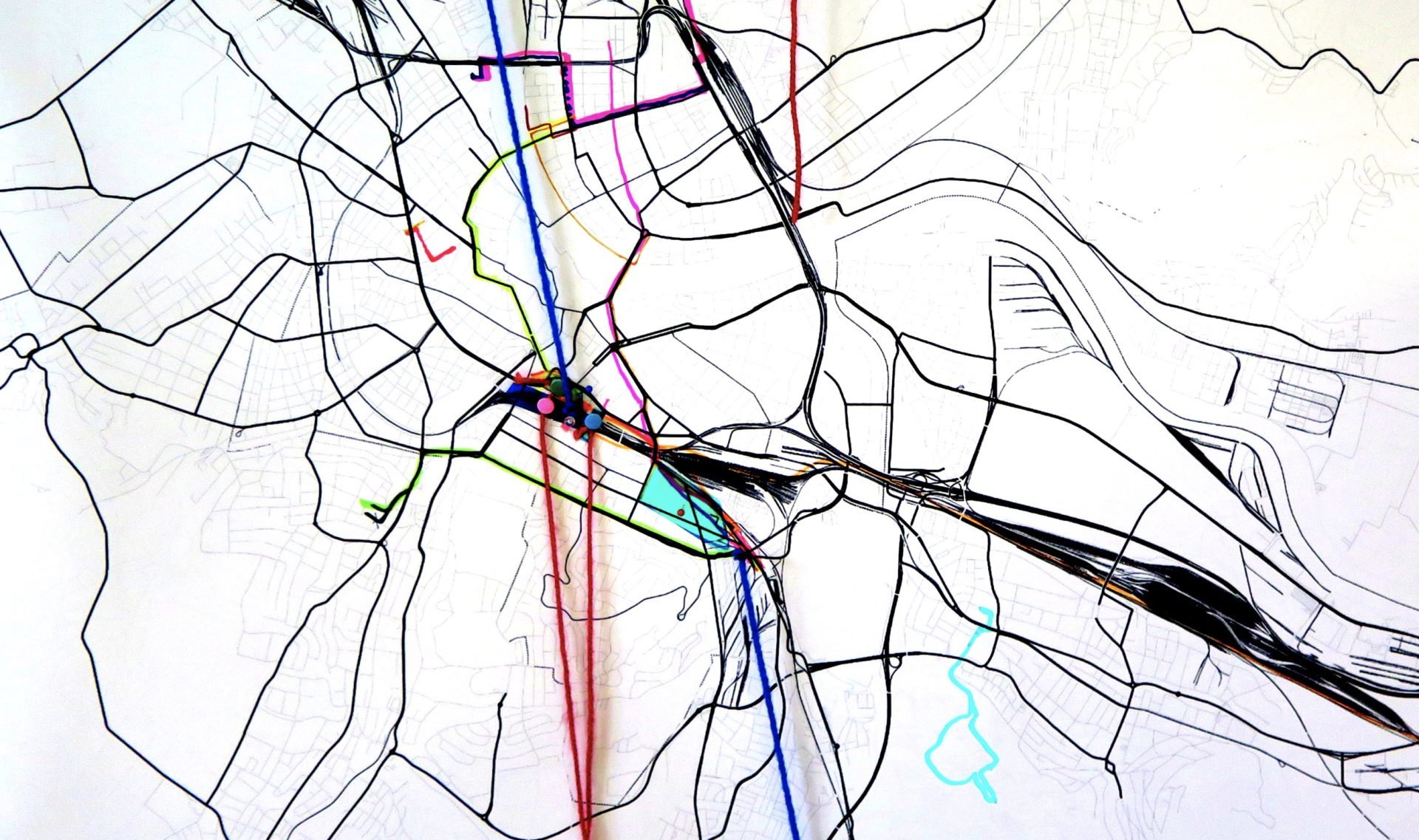

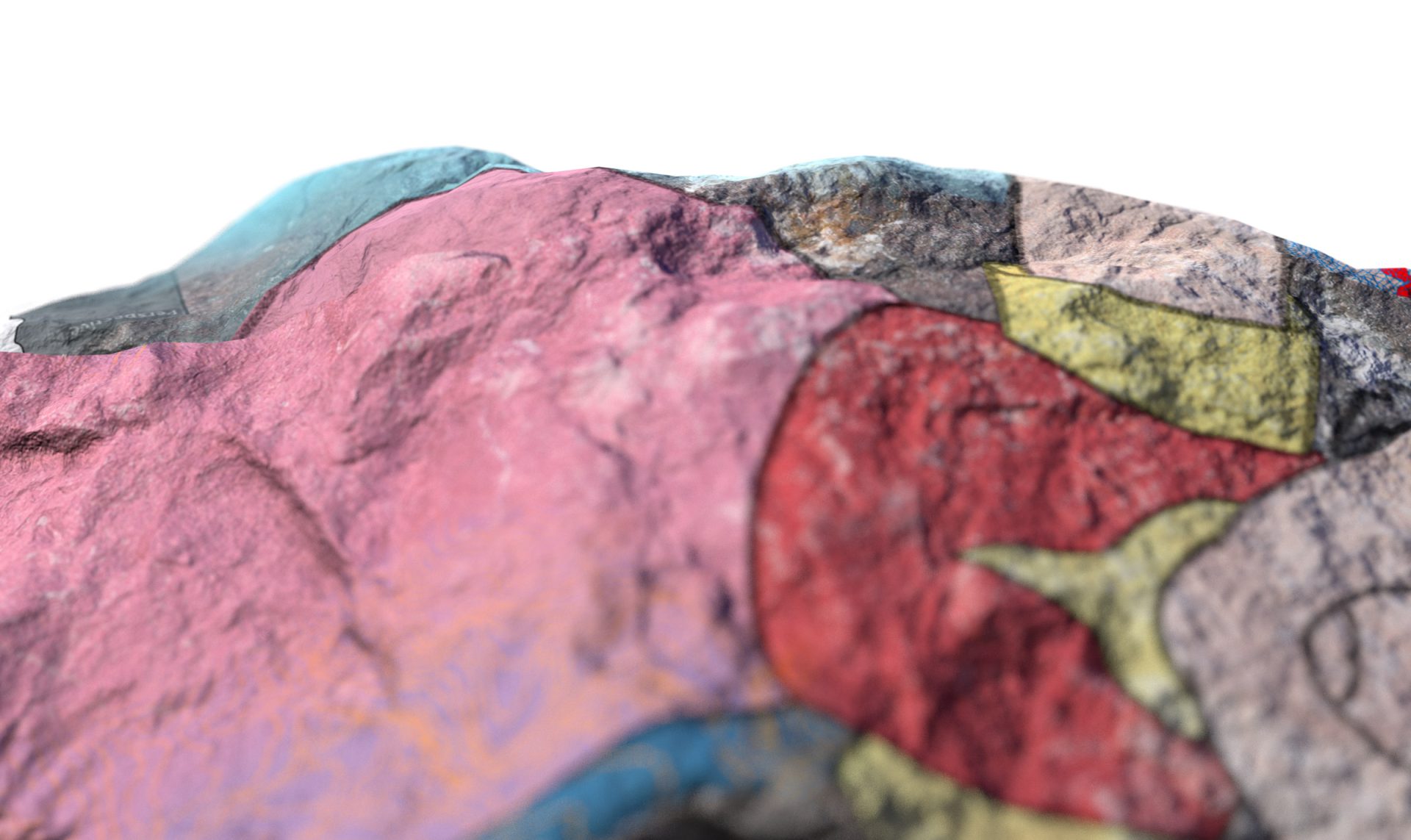


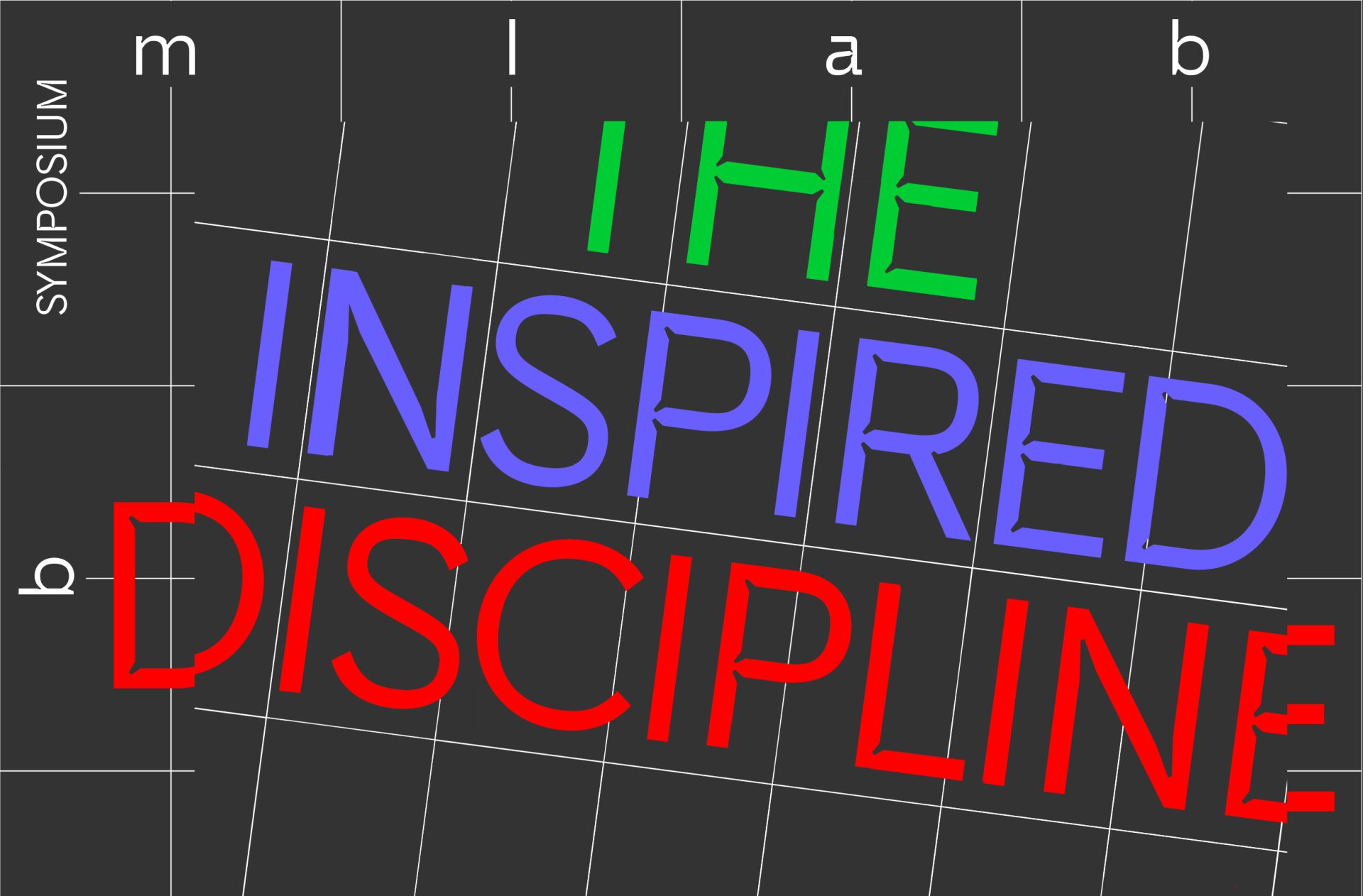
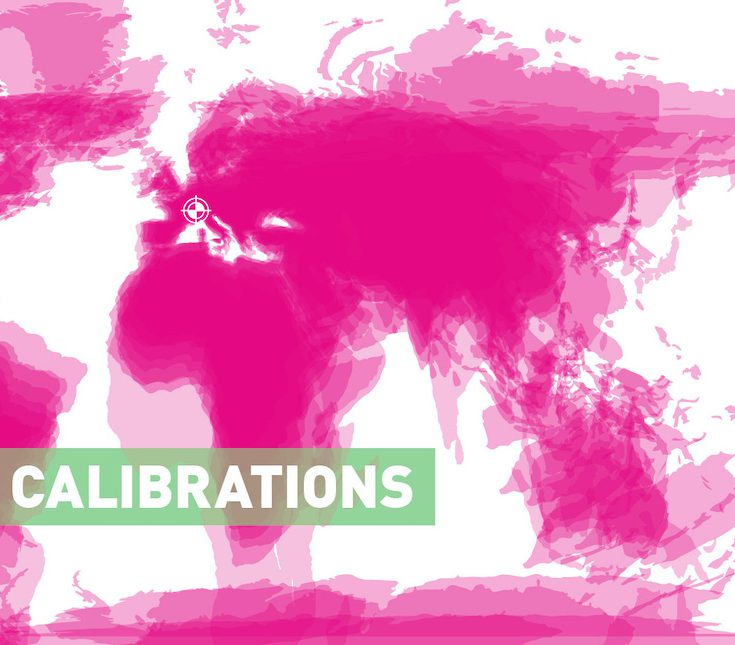

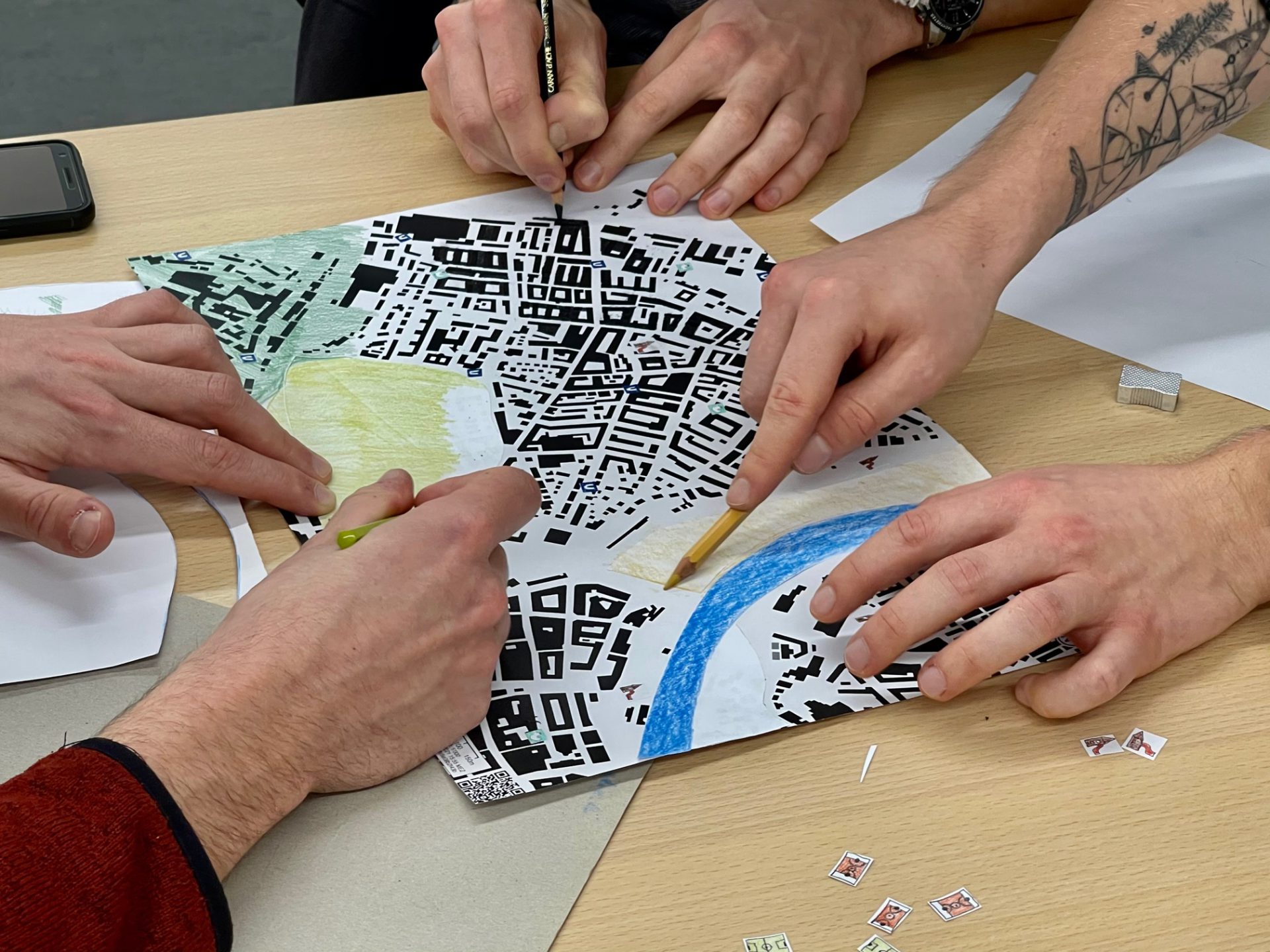

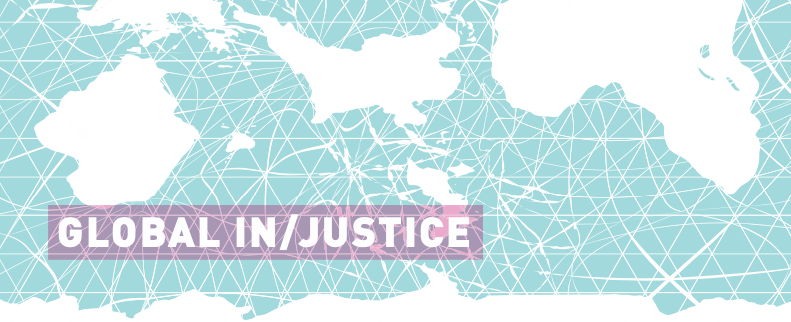




The health sector in Switzerland shows the global trend of economization, oriented towards market-driven modes of governance. Cost-effectiveness started to dominate other, rather public, and common good-related criteria. The recruitment of health workers (e.g. doctors, nurses, midwives, technical staff) from abroad allows for shifting costs of medical education and training and circulations of knowledge and technologies to budgets of other countries. The outcome of this overemphasis on economic indicators is part of a more general tendency of the commodification of work, health and care-related knowledge and technologies and raises questions about capacities and capabilities for social, economic, ecological innovation, emancipation, and justice in search for more sustainable ‘work’. The effects of the increasing commodification trends on the quality of work as perceived by the main target group of a health institution – the patients – is also widely unknown.
Therefore, this research project addresses processes, actors and institutions related to the com-modification of work, health and care-related knowledge (incl. professional education and training) and technologies from a multi-scalar and translocal perspective. We aim at co-creating knowledge and contributing to debates about the future of the world of work in health care, based on inter- and transdisciplinary social learning among key actors of the health care system and us as researchers integrating media, art and digital technologies jointly with the mLAB.
To empirically capture those questions the research should take Switzerland as an entry point and remain open to the translocal linkages the research will reveal.
The following events and projects part of Health Care Unbound:
Workshop on Creative Methods in Health Geographies
Workshop on Transitional Justice
Residency: Geography of Ghosts
Also look at our earlier research and publications: